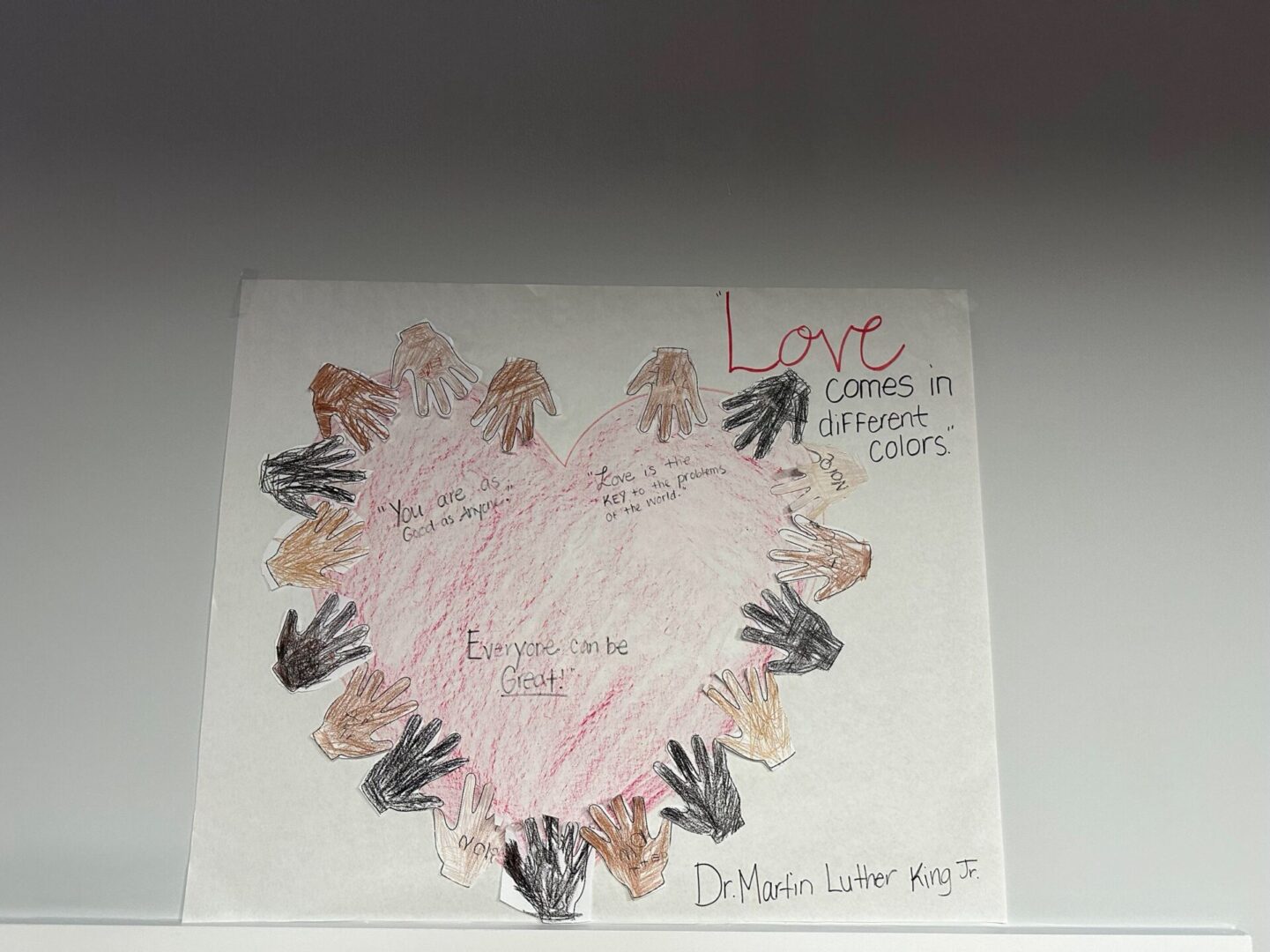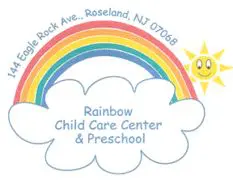Expand Curiosity
and Nurture Potential
A Journey Where Little Minds Blossom, Exploring, Imagining, and Learning in a World of Wonder and Possibility

Honoring Our Young Children: A Statement of Beliefs
Success in school is largely related to events and experiences that occur prior to kindergarten entry.
Early childhood is a special time of wonder, imagination, and discovery. Teachers cherish and strive to protect each child’s journey through childhood. Young children need knowledge and new experiences to develop and thrive.
The early years mark a period of rapid change in the ways children think about themselves and the world around them. Too much exposure to television, computer games, and organized activities robs children of their childhood and may produce hurried child syndrome (Elkind 2001). Additionally, too much exposure to formal academics too early in a child’s development may cause a child to grow resistant to the excitement of learning.
As educators of young children, we value childhood and want to keep it protected. It is imperative for us to ensure that children develop the skills and acquire the knowledge needed to provide them with a firm foundation for their later years. Toward that end, we endorse and value the following skills, knowledge, and experiences as appropriate goals for young children entering kindergarten.
Social-emotional skills
To be successful in a kindergarten classroom, children need to be able to exert self-control when frustrated, listen, follow directions, be polite, take turns, carry out basic management routines without direct supervision, and begin to read nonverbal language.
Children’s social skills directly affect the quality and success of their school experiences. Young children construct understanding by interacting with others and with their environment. Throughout the early childhood years, educators emphasize sensitivity to the feelings of others, kindness, patience, and cooperation. These social-emotional competencies are best achieved through play and play-related activities.
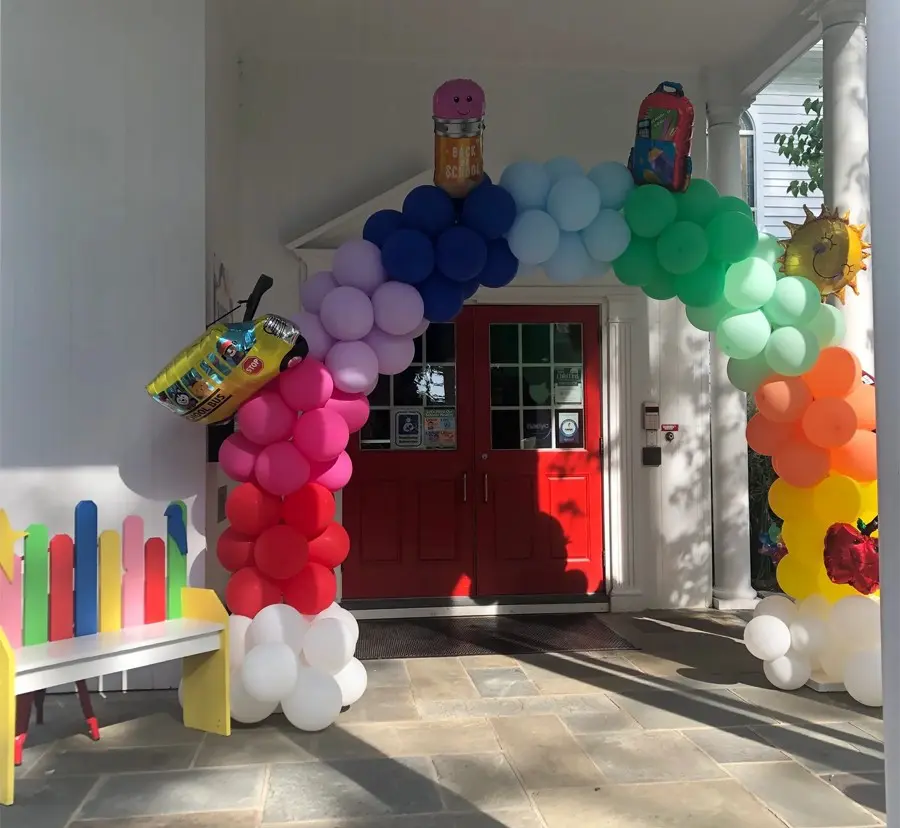
Communication skills
Communication and language skills are critical to children’s social, emotional, and cognitive well-being. Throughout the early childhood years, we encourage children to develop increasingly sophisticated language skills through social interactions, dramatic play, and age-appropriate activities.
To communicate effectively, children must be able to determine appropriate conversational tone and volume, to advocate for themselves, to employ situation-appropriate vocabulary for putting feelings into words, to be mannerly without prompting, and to use language to discuss activities and events.
Self-help skills
Children gain confidence and self-esteem as they become more independent. Throughout the early years, children should master important self-help skills, including the ability to:
Recognize teachers and other children by name
Respect property and materials that belong to others
Manage their own clothing, including buttons, zippers, and snaps
Wash hands and use the bathroom independently
Manage snacks independently
Tie shoes when developmentally appropriate
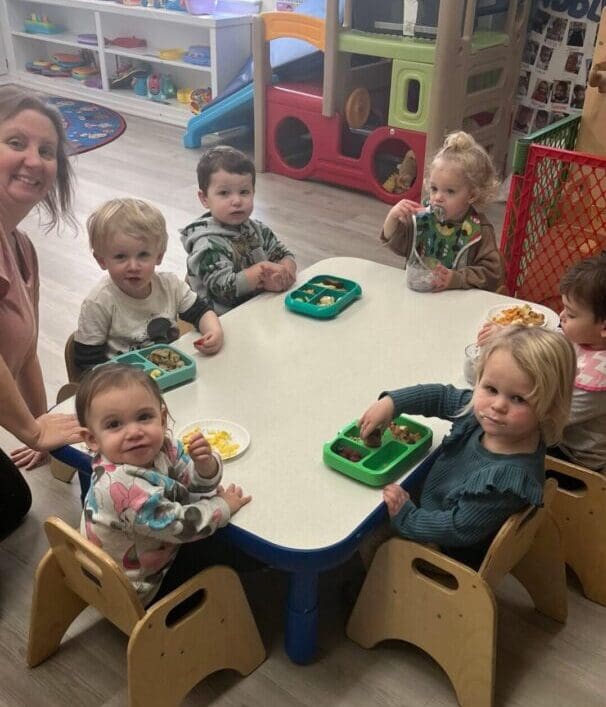
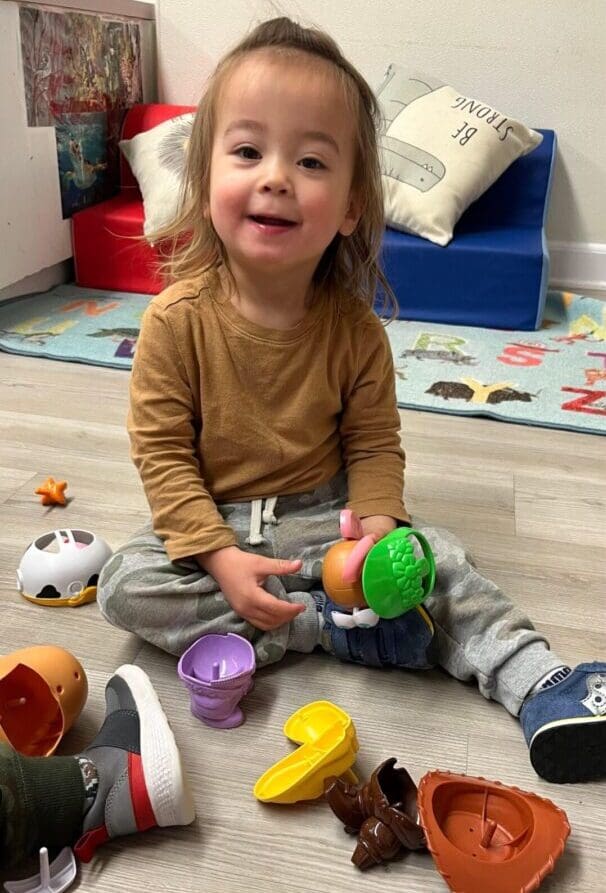
Fine and gross motor skills
Educational progress hinges largely upon the acquisition of fine and gross motor skills. Proper diet, adequate rest, and good physical health habits go far in helping to set the stage for early success in these skills. Young children need exposure to a variety of rich activities designed to help them:
Develop large muscles, including upper-body strength
Experience skipping, jumping, hopping, climbing, and balancing
Play for exploration, imagination, and enjoyment
Develop awareness of personal space while walking, running, and playing
Use comfortable but proper grip when using crayons, markers, and pencils
Use scissors properly and safely
Experience a variety of art materials
Language readiness skills
A child’s approach to learning is central to his/her success in school. Curiosity and the desire to learn come from positive, age-appropriate experiences with story, language, and problem-solving as well as exposure to new ideas and experiences in the arts and sciences. Throughout early childhood, children need to develop the ability to listen to and comprehend a story being read aloud.
Children also need to develop the language and thinking ability necessary to retell and sequence a story. Recognizing and generating rhymes in games, songs, and poetry form the foundation for understanding rhythms and patterns in language. Young children are ready to acquire familiarity with upper and lowercase letters and to develop the ability to problem solve.
Conclusion
Our goal is to encourage children to explore, to wonder, to imagine, to experiment with language and materials, to play, and to develop a lifelong love of learning.
We believe there is great potential in each young child. It is the responsibility of educators and families to nurture that potential in developmentally appropriate ways and to help children develop respect for the world around them.
The work of young children is to grow daily in appreciation of themselves, to become curious explorers who possess a love of learning, and to achieve social competence as they experience the joy of their preschool and kindergarten years.
